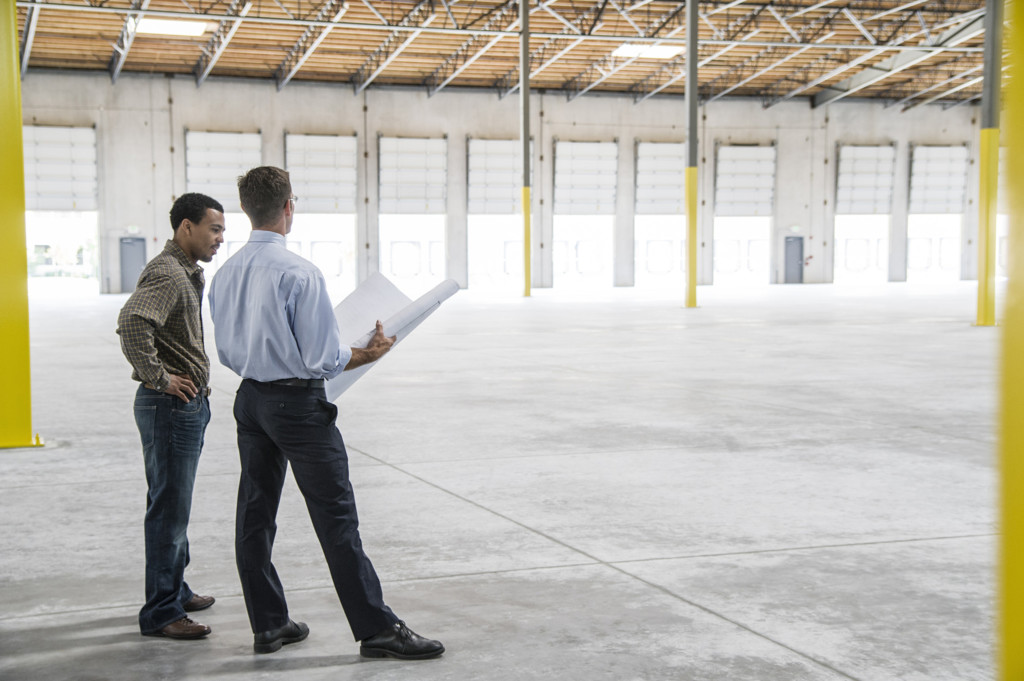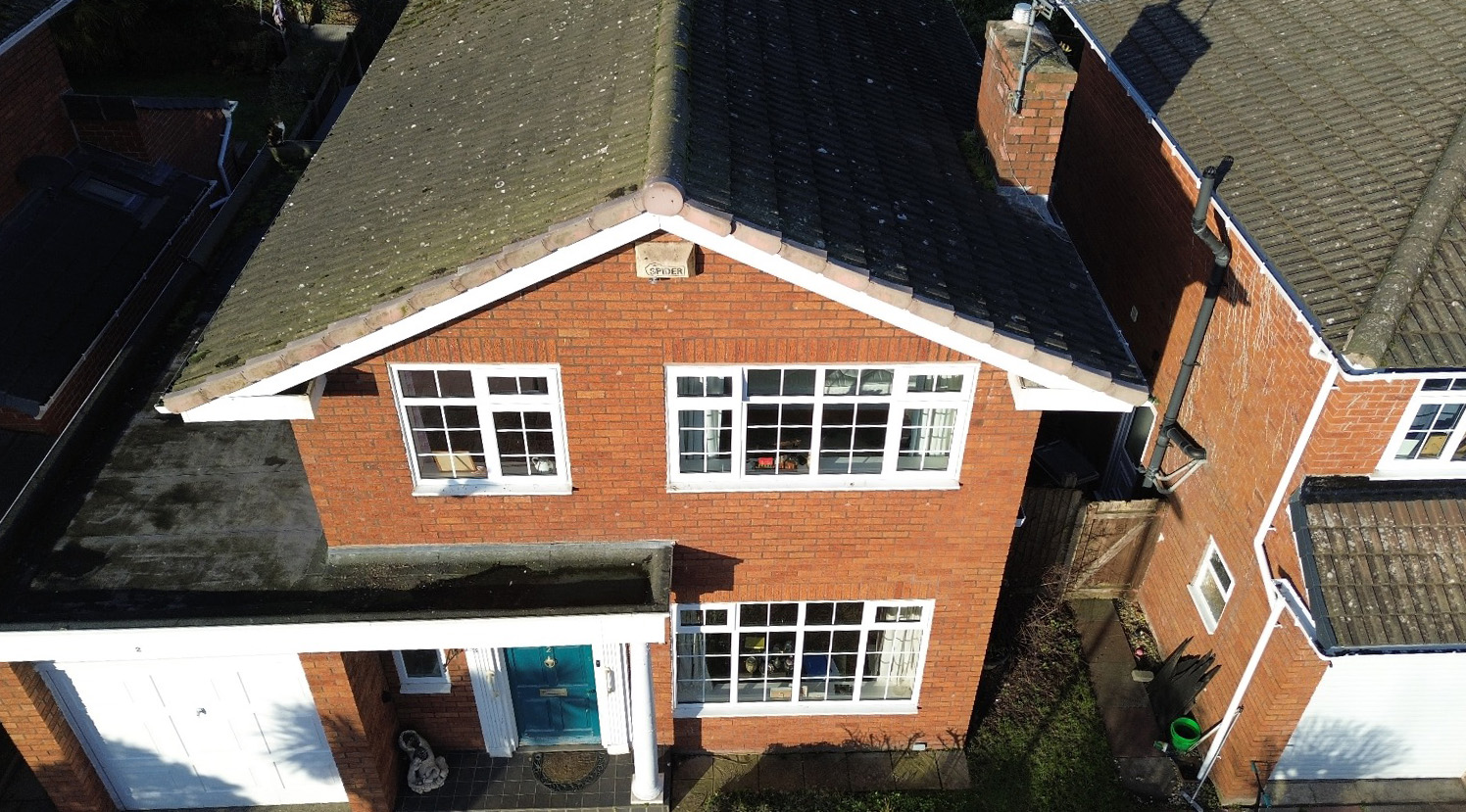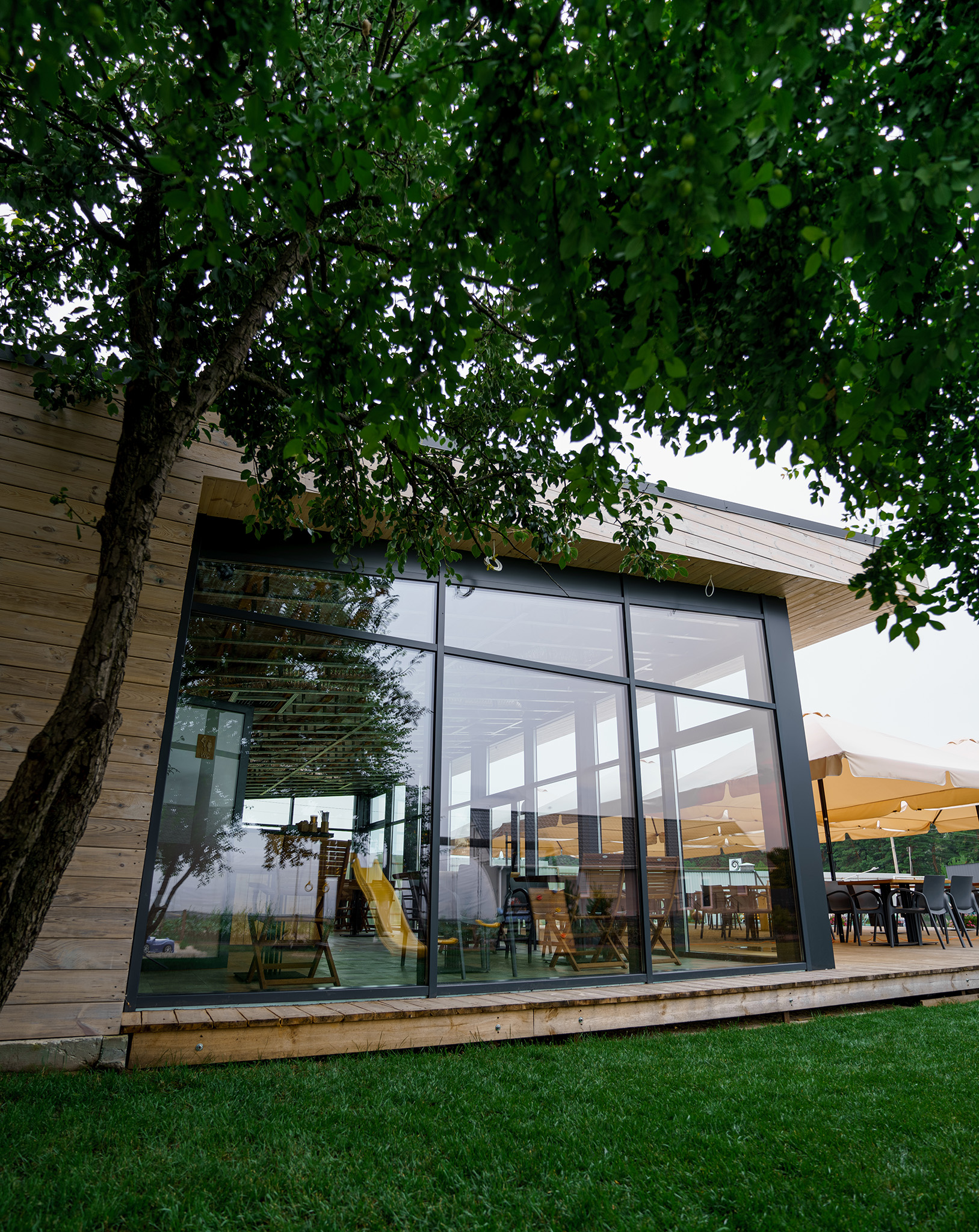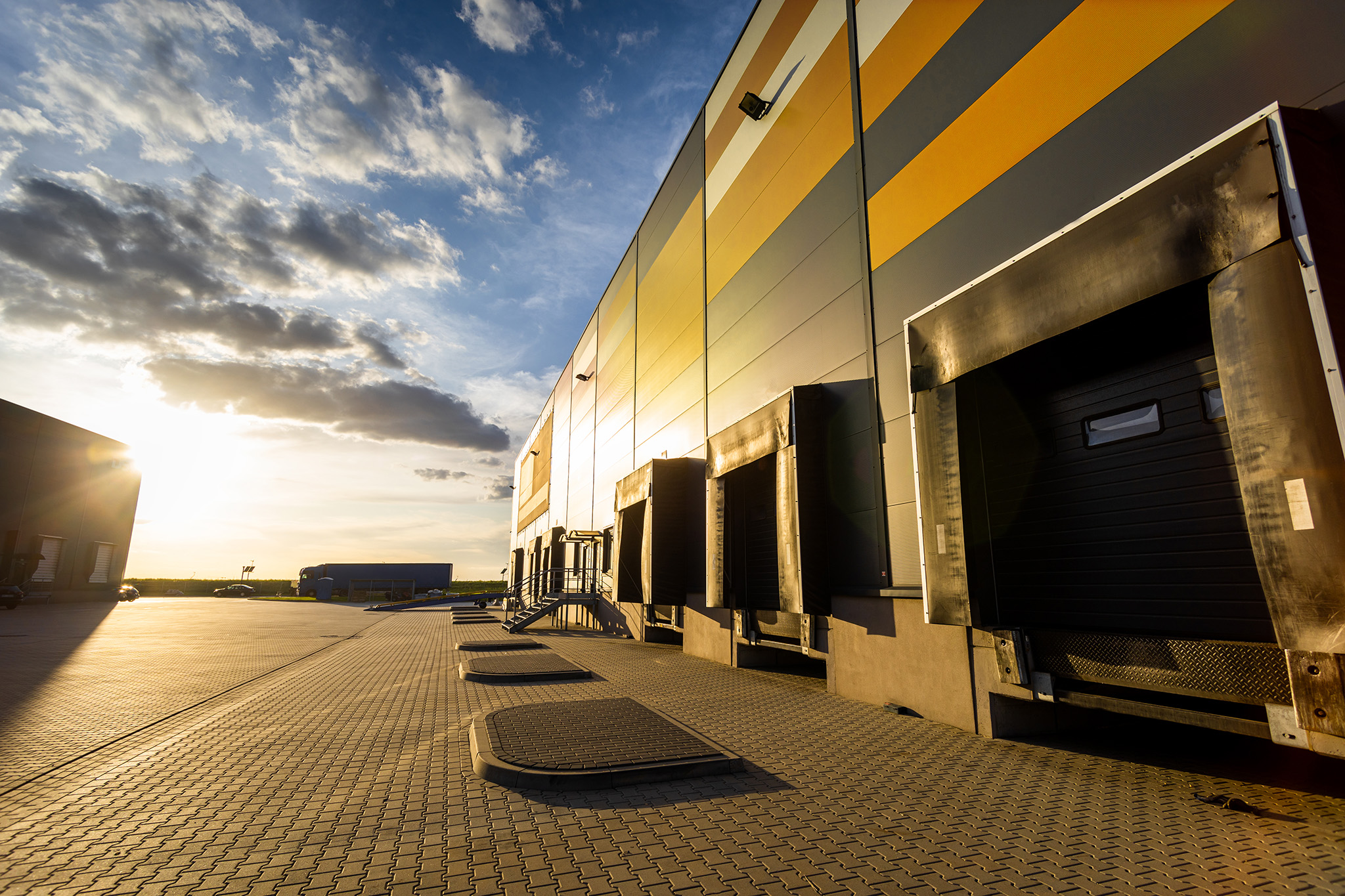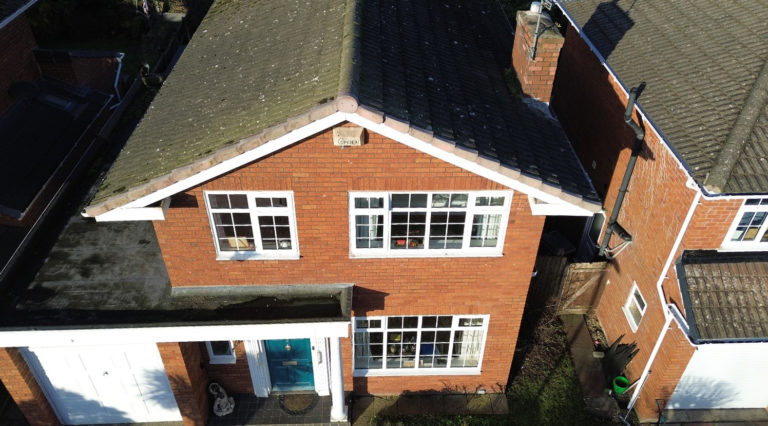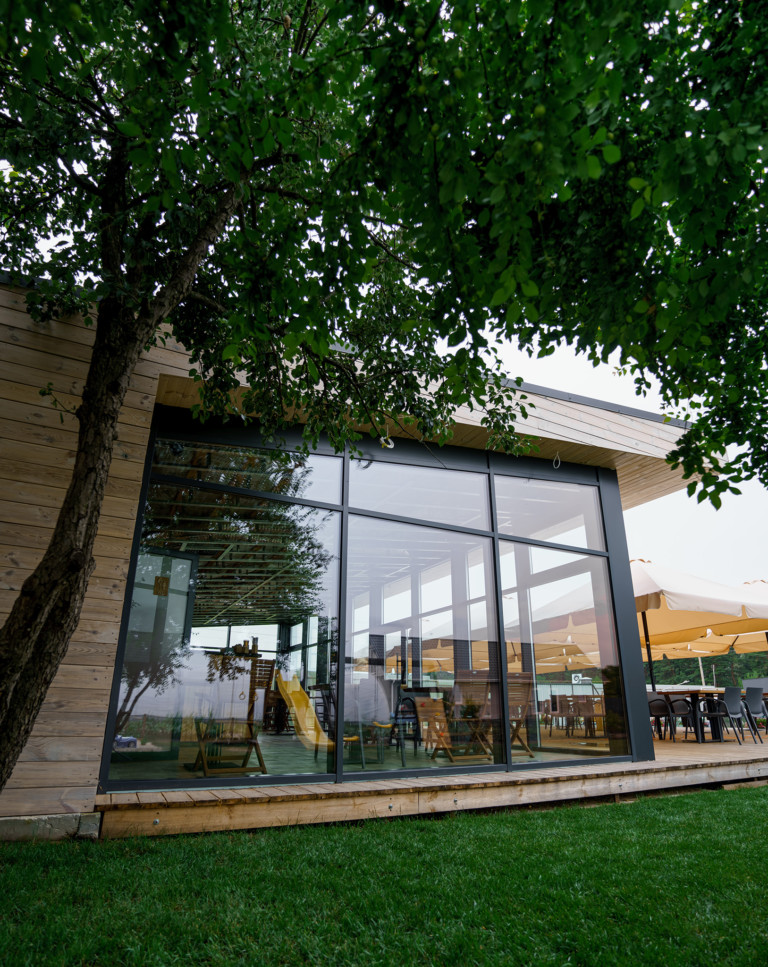Commercial buildings are valuable assets that can benefit from a commercial property survey to evaluate in detail it’s condition to ensure safety, compliance, and the sustained value of an investment.
The importance of a commercial building survey can’t be over stated, and it will play a crucial role in the management, purchase, or sale of a commercial property.
A commercial property survey is a thorough and detailed examination of a building’s condition, intended to provide property owners, buyers, and investors with a full understanding of a property’s current condition and value. But what’s included?
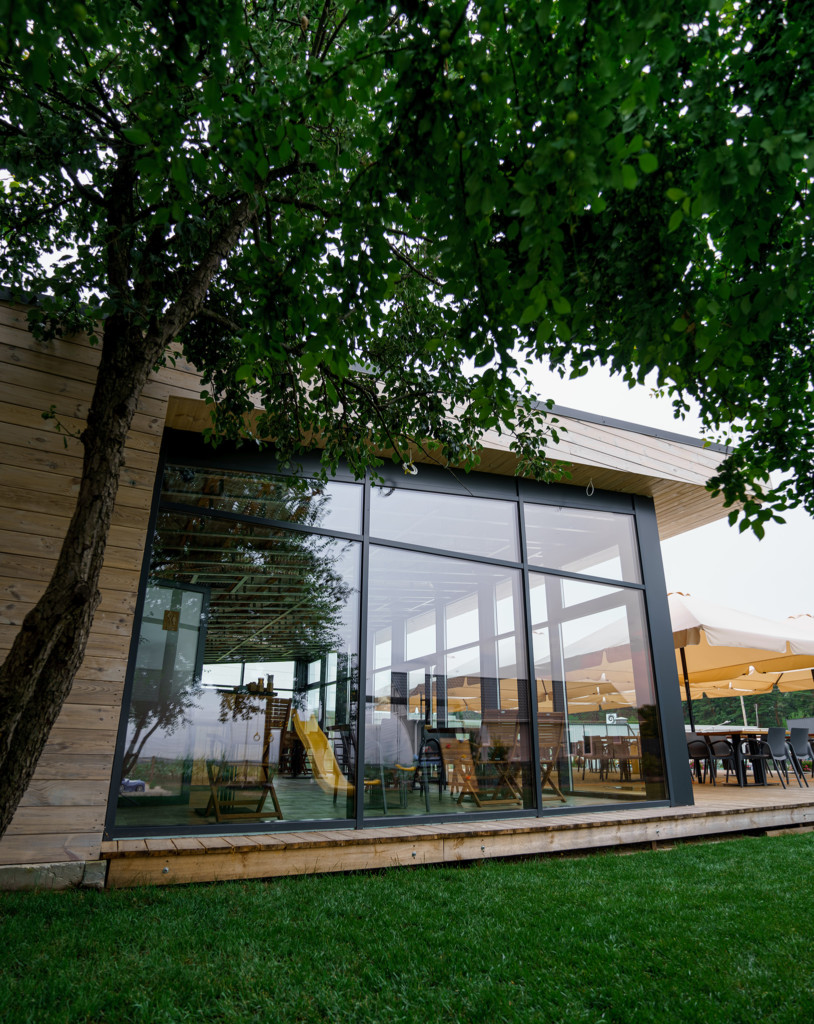
Components of a Commercial Building Survey
A commercial building survey will highlight high-level details about the building, such as its type, size, basic construction, and site configuration, providing context for the rest of the report.
1. Technical Analysis of a Building’s Condition
A detailed explanation into the condition of each accessible part of the building, including cost estimates for any necessary or foreseeable repairs.
Structural Assessment
- Building Fabric: Evaluation of the main structure, including walls, roof, and foundations for signs of wear, damage, or structural integrity issues.
- Load-Bearing Elements: Inspection of columns, beams, and other load-bearing elements to ensure they are sound and safe.
Exterior Elements
- Roof Condition: Detailed inspection of the roof’s condition, including materials, drainage systems, and any potential leaks or damage.
- Facade & Cladding: Examination of external walls, cladding, windows, and doors for defects, weatherproofing, and overall condition.
- Grounds & Landscaping: Assessment of the surrounding grounds, including parking areas, pathways, and landscaping for any issues.
Interior Elements
- Floors, Walls & Ceilings: Inspection of internal surfaces for damage, dampness, cracks, and other signs of deterioration.
- Fixtures & Fittings: Evaluation of fixtures, fittings, and finishes for quality and condition.
Mechanical & Electrical Systems
- HVAC Systems: Review of heating, ventilation, and air conditioning systems to ensure they are functioning correctly and efficiently.
- Electrical Systems: Inspection of electrical wiring, panels, and systems for safety and compliance with current standards.
- Plumbing & Drainage: Examination of plumbing installations, water supply, and drainage systems for leaks, blockages, or other issues.
Fire Safety & Compliance
- Fire Safety Systems: Assessment of fire alarms, sprinklers, fire escapes, and other safety systems to ensure they meet legal requirements and are in working order.
- Health & Safety Compliance: Check for compliance with health and safety regulations, identifying any potential hazards or non-compliance issues.
Environmental Considerations
- Asbestos Survey: Identification of any asbestos-containing materials and their condition.
- Environmental Hazards: Evaluation of the presence of hazardous materials, contamination, or other environmental risks.
2. Statutory & Legal Issues
A commercial survey will also confirm any legal considerations, for example whether the building is listed, subject to planning applications, has building regulations sign-offs for recent work. If the property is subject to existing leases, these will be reviewed as part of the due diligence process. A commercial building survey will also address health and safety issues, such as fire risk assessments and potential hazardous materials, like asbestos. It will consider access provisions for disabled users and EPC ratings.
Legal & Documentation Review
- Building Regulations Compliance: Verification that the property complies with all relevant building regulations and codes.
- Planning Permissions: Check for any planning permissions and whether any modifications have been carried out lawfully.
Environmental Considerations
- Immediate Repairs: Identification of urgent repairs that need to be addressed to prevent further damage or safety issues.
- Long-Term Maintenance: Recommendations for ongoing maintenance and repairs to keep the property in good condition.
3. Cost Estimates for Maintenance & Repair Work
A summary of estimated costs for necessary or planned remedial work once a property has been purchased or leased.
- Repair Costs: Estimated costs for identified repairs and maintenance work.
- Upgrade Costs: Cost estimates for any suggested upgrades or improvements to enhance the property’s value or functionality.
Organise a Commercial Property Survey Today
Trust in ASL - Chartered Surveyors & Valuers
A commercial property survey provides a detailed snapshot of the building’s condition, helping stakeholders make informed decisions regarding purchase, maintenance, and investment. By addressing structural, mechanical, and compliance aspects, these surveys ensure the property is safe, functional, and compliant with all relevant regulations.
Equipped with a commercial building survey conducted by a chartered surveyor ensures the best decisions can be made at the right time, for a safe and valuable investment.
